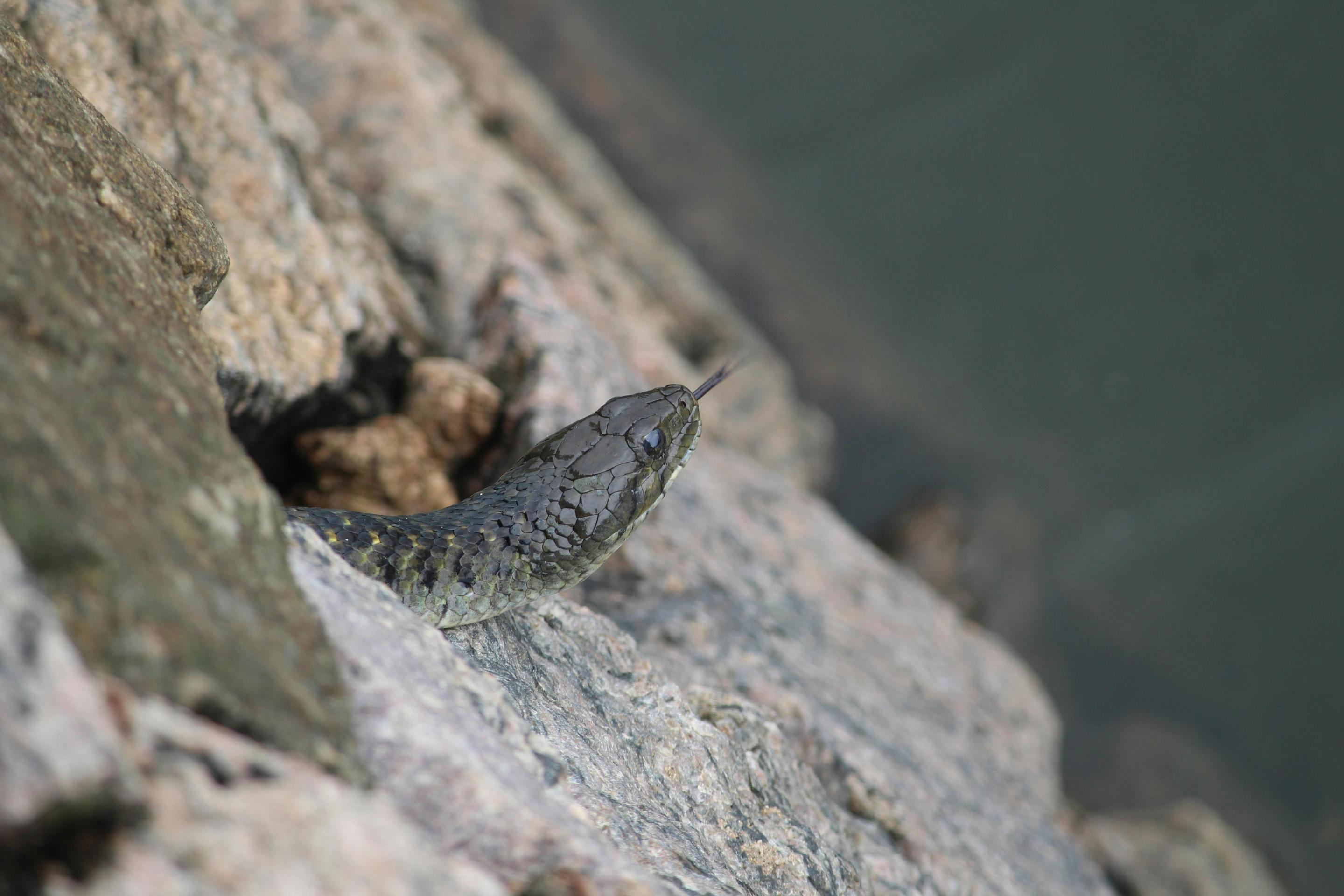At Ingleside Animal Hospital, we understand that owning a pet snake can be a rewarding experience. Snakes are fascinating creatures that can become a great part of your family. However, just like any pet, there are certain precautions you need to take to ensure both your safety and the snake’s well-being. One of the most important things to know is what to do if your pet snake bites you.
Although snake bites from pet snakes are relatively uncommon, it’s always better to be prepared. Here’s what you need to know to handle a snake bite if it occurs.

1. Stay Calm
The first and most important step is to stay calm. Snake bites can be startling, but most pet snakes are non-venomous and pose little threat to humans. Panicking can make the situation worse by increasing your heart rate and potentially spreading any venom in the case of a venomous species. Take a deep breath and focus on assessing the situation.
2. Identify the Snake
Knowing what kind of snake bit, you are crucial for determining the appropriate treatment. Most pet snakes kept in captivity are non-venomous, such as corn snakes, ball pythons, or garter snakes. However, some venomous species like certain vipers and cobras can also be kept as pets (though these should be managed only by experienced snake handlers).
If the bite is from a venomous snake, time is critical, and immediate medical attention is required. For non-venomous snakes, the bite is usually more of an annoyance, but it’s still important to take steps to clean and monitor the wound.
3. Clean the Wound
Once you’ve assessed the situation, the next step is to clean the wound thoroughly. Use soap and water to gently clean the bite area. Make sure you remove any dirt or debris. After cleaning, apply an antiseptic ointment to help prevent infection.
For non-venomous bites, this step is usually sufficient. If the bite is from a venomous snake, do not attempt to suck out the venom or use tourniquets. Instead, follow the next step immediately.
4. Seek Medical Attention
If the bite is from a venomous snake or if you are unsure of the type of snake, you should seek medical help immediately. Even non-venomous bites can sometimes become infected, so it’s best to have a healthcare professional assess the injury. For venomous snake bites, doctors can administer the appropriate antivenom and provide treatment for any symptoms that may arise.
In many cases, snake bites result in localized swelling and pain, but if the bite is venomous, more serious symptoms such as dizziness, difficulty breathing, or nausea may occur. If any of these symptoms are present, it is critical to get to the hospital as quickly as possible.
5. Monitor Your Snake’s Health
While you are tending to yourself, it’s also important to monitor your snake’s health. Ensure that it’s not showing any signs of illness or stress, as this could have contributed to the bite. Snakes may bite for various reasons, including fear, territorial behavior, or even hunger. If your pet snake is consistently aggressive or bites frequently, it may be time to evaluate its environment and behavior.
6. Prevent Future Bites
To reduce the risk of future bites, here are some preventive measures:
- Proper Handling: Always approach your pet snake calmly and gently. Sudden movements can startle them.
- Know Your Snake’s Behavior: Learn the signs that your snake might be stressed or feeling threatened, such as hissing, rattling, or flattening its body.
- Feed Regularly: Hungry snakes may become more irritable and more likely to bite.
- Respect Boundaries: Avoid handling your snake immediately after feeding, as they may be in a defensive mood.
7. Call a Professional
If you're unsure of how to handle the bite or if your snake is acting aggressively, don’t hesitate to call a professional, such as a veterinarian with experience in reptile care. Our team at Ingleside Animal Hospital can help you with snake health issues and provide guidance on proper snake care.
Though it’s not a common scenario, knowing what to do if your pet snake bites you is important for every snake owner. By staying calm, cleaning the wound, seeking medical attention if necessary, and taking precautions, you can ensure that both you and your pet snake stay safe and healthy. Remember, understanding your snake’s behavior and maintaining a proper environment can prevent future bites and ensure a positive relationship between you and your reptilian companion.
If you have questions and you'd like to reach out to us, you can call us directly at (602) 833-7511, or you can email us at [email protected]. Don't forget to follow us on social media Facebook, Instagram.
